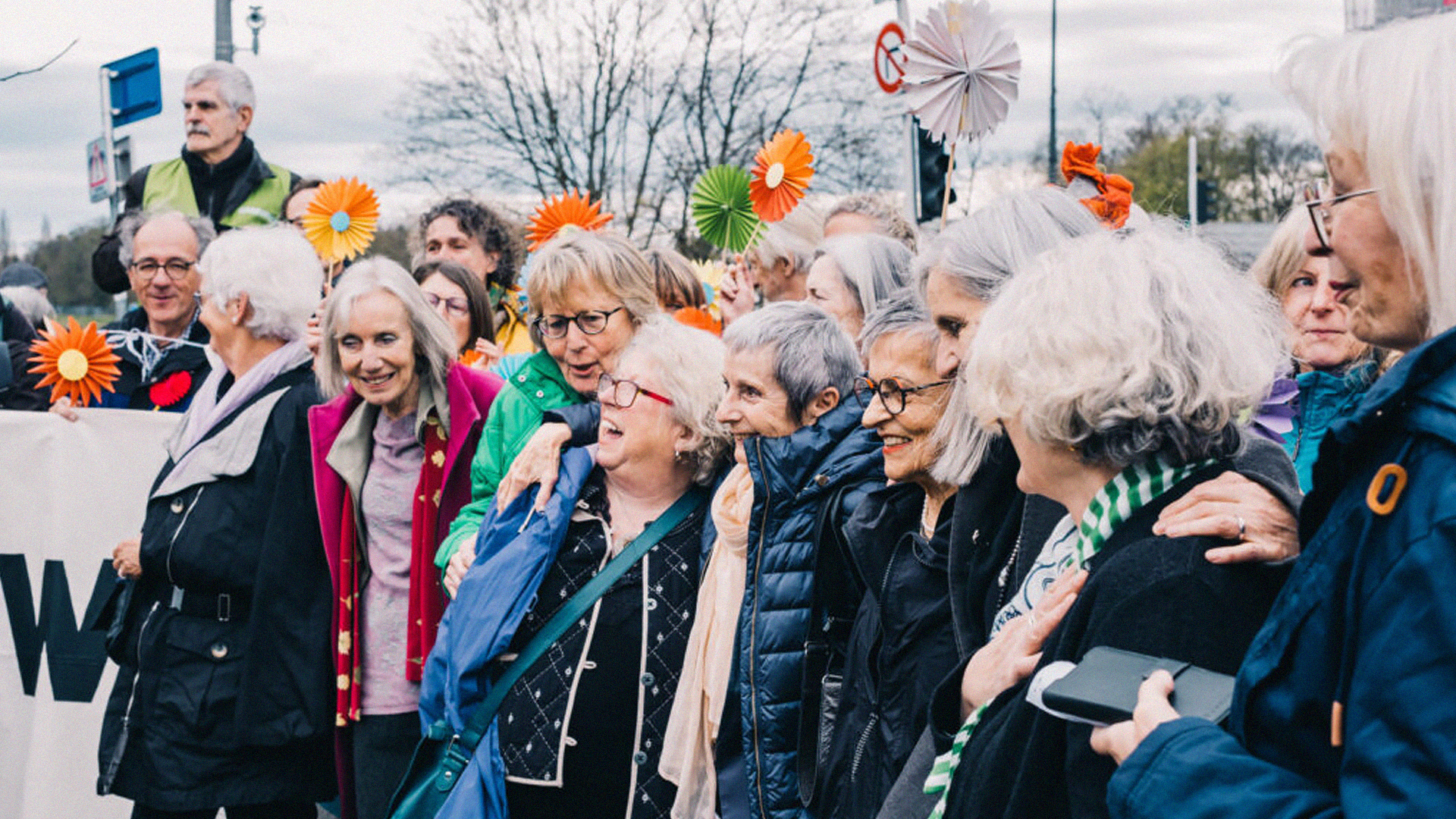In what could prove to be a major breakthrough for civil efforts against climate change, a group of senior Swiss women have won a case in the EU Court of Human Rights affirming that human-exacerbated heatwaves are putting their lives at risk.
The very first case ever registered at the European Court for Human Rights in Strasbourg has concluded with a landmark civil victory.
Late last month, a group of senior Swiss women with some 2,500 members brought forth a case stating that ‘woefully inadequate’ action from their government is putting their lives at risk.
Specifically, the Senior Women for Climate Protection bemoaned lax measures to combat rising temperatures and heatwaves linked to human-induced GHG emissions.
Just 11 days after the case was initially heard, the panel of 17 judges announced that the ambitious cohort had won. Upon leaving the building, the jubilant members were showered with applause and bubbles by 100+ supporters.
Herstory is being made
The @KlimaSeniorin are at the European Court of Human Rights @ECHR_CEDH in Strasbourg for the ruling of their case against the Swiss government
. This is a historic moment for these women and many across the world!

#ClimateJustice pic.twitter.com/GnygHO7EAI
— Greenpeace International (@Greenpeace) April 9, 2024
Court President Siofra O’Leary said the Swiss government had violated the right to a prosperous life for senior citizens by failing to put in place sufficient domestic policies to tackle climate change.
‘This included a failure to quantify, through a carbon budget or otherwise, national greenhouse gas emissions limitations,’ O’Leary told the courtroom.























